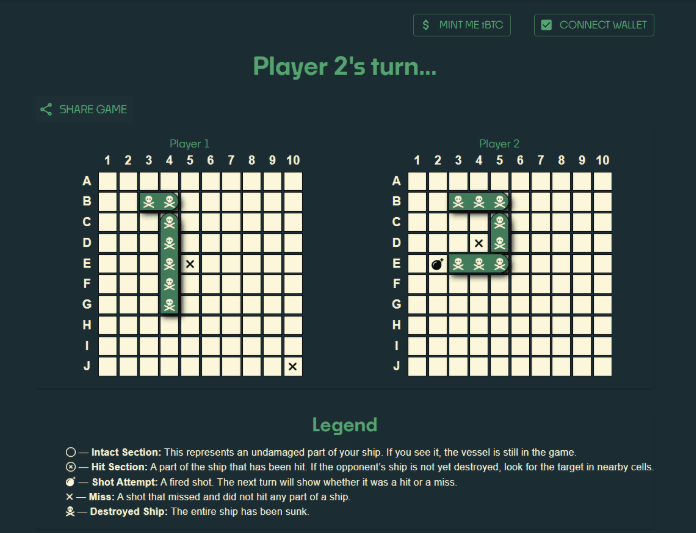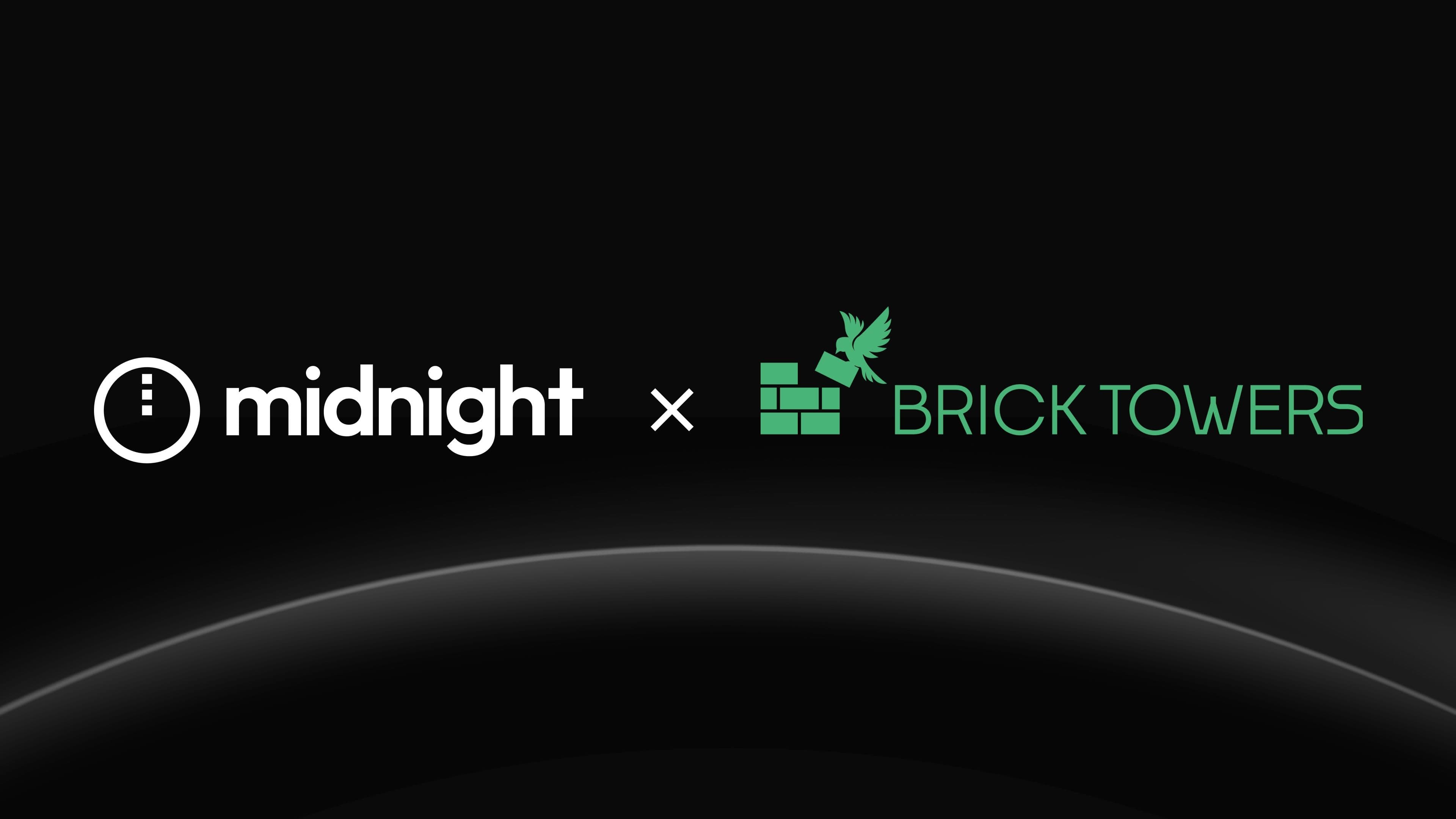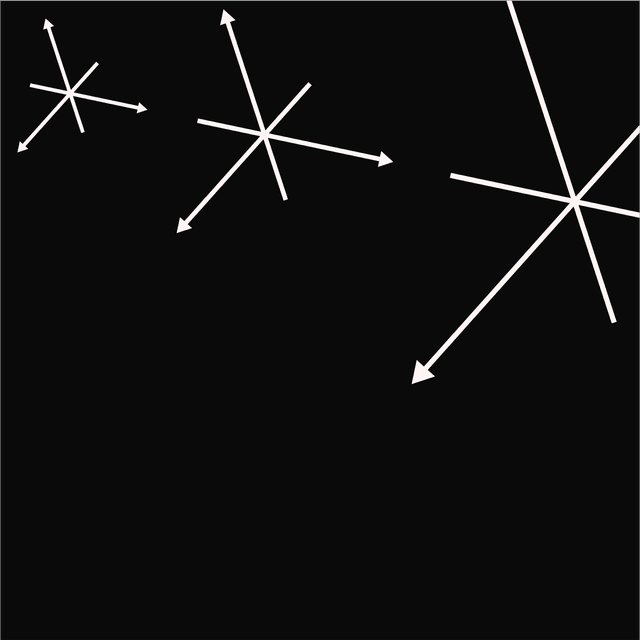As mainnet approaches, the Midnight developer community is already shipping code, sharing tools, and testing new ideas. From active discussions and peer learning to hackathon wins and long-term partnerships, developers are building with Midnight, learning and growing with the ecosystem, and directly contributing to the evolution of the network.
Some developers have already made remarkable progress: from active community contributors to hackathon winners to official ecosystem partners. Their stories show what’s possible and outline a pathway that other developers can follow. There are plenty of opportunities for developers at various stages. Whether you're just getting started or already building advanced tools, there are opportunities to contribute, learn, and grow alongside the network.
This article follows the path some builders have taken, from early contributions in the community, to hackathon wins, to becoming key ecosystem partners. Each step offers real opportunities to learn, create, and grow alongside the network.
Step 1: Join the community
The Midnight Discord is a great place to go for questions and technical support, and it’s also a hands-on learning community for developers at every age and stage. Whether you're just getting started or building complex tools, you'll find people sharing code, offering feedback, debugging together, and collaborating on early projects. You don’t need to be an expert. Midnight’s ZK tech is cutting-edge, which means everyone is learning as they build.
Developers who consistently contribute to conversations, share tools, or support others quickly build trust and visibility. It’s an accessible, high-impact way to develop skills and relationships.
While it’s tempting to jump straight into building, the most successful developers, even seasoned professionals, recommend starting with the fundamentals. Taking the time to explore foundational resources like the Midnight documentation, Developer Diaries posts, the expanding the Midnight Developer Academy and resources like Compact tutorials will help you navigate the current testnet environment. This initial investment in learning will help you to understand the fundamentals and ask better questions.
Developer and hackathon winner Imants Firsts from new Midnight ecosystem partner Brick Towers suggests new members start with the official examples and then expand from there. It's hard to build from scratch. Look for the most up-to-date community projects. Figure out what the specific example is trying to accomplish. Then, once you have a basic understanding of how the code works, you can ask more specific questions in Discord about functionality and use cases: “This kind of knowledge is the actual knowledge that exists within the community."
Imants also shared his thoughts on the Unshielded Podcast about the potential of Midnight and why privacy matters on blockchain.
Step 2: Grow through developer events
Midnight hackathons and developer events are where ideas turn into working code. For many developers, it’s their first experience building a complete project on the Midnight network. While technical depth matters, it’s not the only factor. Judging criteria include technology, innovation, completion, and documentation. A simple, well-scoped, clearly explained, and functional DApp can score higher than a complex but unfinished one.
Hackathon winner Erick Romero of Edda Labs said, “Hackathons push developers out of their comfort zone and into rapid, hands-on learning. With limited time, you’re forced to build fast, integrate different ecosystem resources, and collaborate with others. Success comes from teaming up, learning while building, and taking full advantage of the network and community around you.”
Erick shared his thoughts on Midnight’s developer tooling and use cases in this Unshielded Podcast interview.
Hackathons are as much about learning as about the competition. The structured format, real-time mentorship, and direct feedback create a space to learn and improve along with Midnight’s evolving zero-knowledge (ZK) technology.
Hackathon judges act as coaches as well as evaluators. You'll get practical insights on your implementation, feature choices, and development approach. And it goes both ways: developer feedback from hackathons helps shape the future of the Midnight network, from tooling and documentation, to features of the Compact language. Along with the prizes to be won, there are plenty of opportunities to learn.
"Judging the hackathon submissions is honestly a pleasure. I’ve seen impressive engineering work (under a deadline!) and creative solutions to the technical limitations of ZK programming. We use all the feedback we can get from hackathon participants, whether it suggests new features, prioritization of our planned roadmap, or improvements to our documentation. Keep building, we're excited to see what you launch next."
- Kevin Millikin, Principal Architect, Shielded Technologies
Hackathon veterans Imants Firsts and Sergey Kisel from Brick Towers provide a masterclass in building and presenting a winning hackathon project. You can see exactly what they built and how they impressed the hackathon judges in the recent Sea Battle hackathon blog.

Imants and Sergey also provide context and advice about being an early adopter: it's essential for builders to remember that Midnight is still an active testnet, with new features and improvements continuously rolling out.
When you run into a bug or an unexpected issue, try not to get frustrated, especially with yourself. The most successful builders embrace this by staying focused and realistic, and it's a mindset that helps win hackathons. The most successful projects don't try to do everything at once; they focus on a core piece of functionality and build a simple, polished DApp that demonstrates and documents the functionality effectively.
Erick Romero (Edda Labs) goes on to offer advice for how to succeed in hackathons: “The most important skill is deeply understanding the problem you're solving and how Midnight provides the right tools for it. From there, it’s about defining a realistic scope based on your team’s time constraints, and making collaboration flow, so everyone contributes effectively under pressure.”
Mastering that approach can be the first step on a longer journey, providing a launchpad for what comes next.
Stage 3: Build long-term as an ecosystem partner
Winning a hackathon can be a launchpad for developers into a deeper, formal collaboration in the Midnight ecosystem. An ecosystem partnership is a formal relationship that often involves building foundational tools, providing dedicated development on core infrastructure, or bringing a significant project to the network.
The team from Brick Towers provides a perfect example of this journey.
"It’s a win-win situation," explains Sergey from Brick Towers. "You need to demonstrate that you're a valuable partner. For us, we used hackathons as a channel to get feedback from the development team and to show our deep experience, proving we could help Midnight improve while building our own product on the network."
It’s about developing relationships that provide the resources and opportunities for collaborations with developers who can directly contribute to enhance the ecosystem’s capabilities or improve the core technology. Developers who demonstrate reliability, clarity in communication, and strong execution often find themselves working across larger ecosystem initiatives, co-leading efforts that build out valuable capabilities.

Opportunities at every level
There are advantages to getting an early start. Erick Romero says, “Being early means helping shape the ecosystem and staying ahead as it matures”.
Opportunities to learn and contribute are expanding fast. The Midnight Developer Academy will be launching structured pathways to help developers track progress, deepen their knowledge, and earn recognition. These pathways will include a series of quests: challenges that demonstrate knowledge and capability with Midnight concepts and functionality. Those that complete Midnight quests will earn on-chain achievements, including NFTs developed in collaboration with ecosystem partner NMKR, that celebrate learning milestones and practical contributions to the ecosystem.
Whether you're new to zero-knowledge proofs or already deploying Compact-based contracts, these quests will provide clear next steps and meaningful rewards. It's a way to build skills, showcase your progress, and stay engaged with the most active parts of the network as it evolves.
Join the Discord community and check back on this blog regularly to discover the latest opportunities and see what people are building with Midnight.


